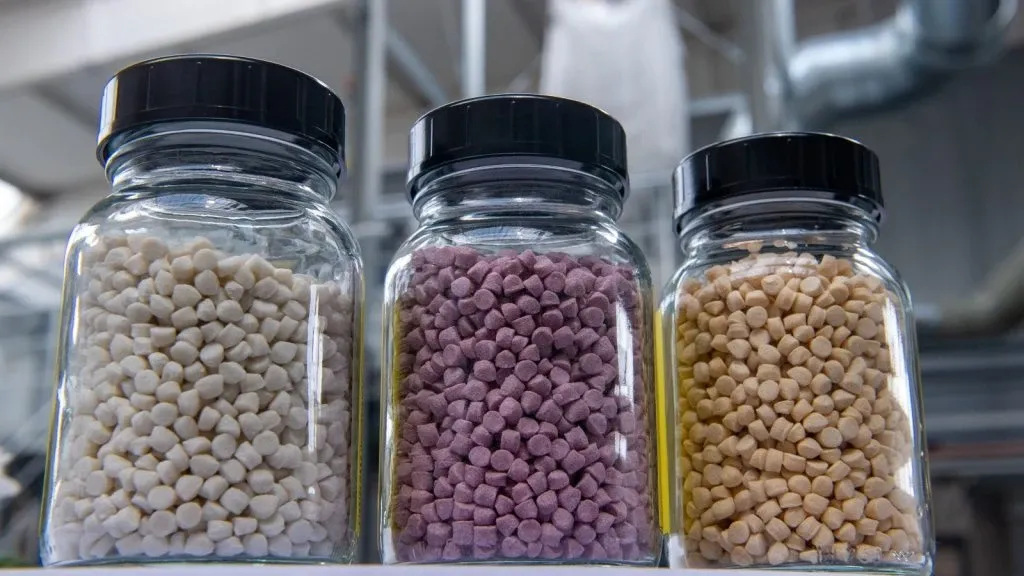The chemical industry's building blocks for all kinds of products mostly come from fossil sources. These raw materials are finite and also cause environmental pollution. A technology that has already proven itself on the other side of the world could soon green the Dutch chemical sector as well. 'If the big boys don't pick it up, we'll do it ourselves.'

'The chemical industry is like a tree where all the leaves represent different products that the industry produces, such as shampoos, paints and plastics,' begins Ralph Koekkoek, managing director and founder of Blue Circle Olefins. 'The common denominator among those leaves is that virtually all of them are made from oil. Now you can try to make all the individual leaves in that tree sustainable. But if the raw material you put in is not oil, but renewable, then that whole tree will automatically become green as well.'
Making climate gains with existing technologies
Those raw materials Koekkoek is referring to are olefins, such as ethylene and propylene. These are generally extracted from oil and are the most commonly used building blocks in carbon chemistry. But Koekkoek, who began as a chemist at DSM, wants to use his company Blue Circle Olefins to extract these building blocks not from oil, but from methanol - methanol-to-olefins is what the process is called. 'Methanol is now mainly seen as fuel for shipping or for the production of sustainable aviation fuel,' says Koekkoek. 'As a chemist, I thought: actually, you don't want to burn that methanol at all. Much better to keep it in the carbon chain.'
The use of methanol as a building block for chemistry has long been a proven technology in China, Koekkoek explains. 'China had already realized 10, 20 years ago that they were running low on oil. They then decided to gasify coal into methanol and have since built their chemical industry on that.'